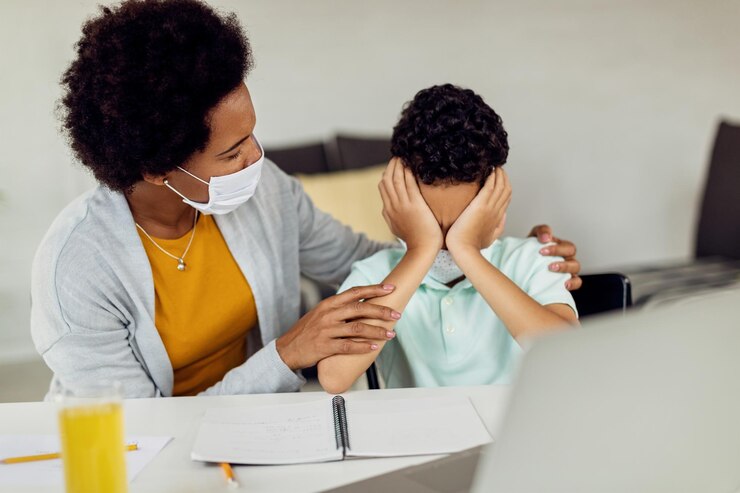Child adoption: What to consider

When it comes to adoption, no one is ever really prepared for what comes with it. You may have done all the research on how to adopt the child. However, sometimes you may not be adequately prepared emotionally and mentally to receive the new child. Here are some of the things to remember.
Be on the same page with your partner
Adopting a child is not a decision that should be made without a partner unless it’s a single-parent home. If not, this is a deep and lengthy conversation that should be made over a good amount of time by both future adoptive parents.
Being on the same page does not just mean agreeing on adopting a child, but everything else that comes after too. As a result, there are questions that you and your partner need to ask yourselves:
What is your reason for adopting?Are you open to adopting an extended family member? Why adopting and not fostering? ( fostering – to take care of a child, usually for a limited time, without being the child’s legal parent)Are you emotionally available to care for a child (or more children)?Is your relationship emotionally stable to care for a child?Are you mentally prepared for what comes with having a child (or more children)?Are you financially stable enough to support a child (or more children)? Are you open to adopting a physically challenged child and if so are we prepared for it?Do the two of you need counselling before making a decision?Photo by Gift Habeshaw / Unsplash
Consider the age of the child
The age of the child lets you know how prepared you need to be. If the child is between newborn to 10 years, you need to consider the possibility that the biological parent might want to have a relationship with the child.
If the child is above 10 years, pre to late teen, you need to be ready for behavioural issues that are common with children at this age. You should also be ready to handle difficult questions from the child. Before finalising the adoption, agree on when you will talk to the child about their adoption, their biological parents.
Photo by Joice Kelly / Unsplash
Seek the opinion of the larger adoptive family
Before the decision is final, future adoptive parents need to put into consideration that it will affect everyone in the family as well. As much as the final say will come from the parents, it’s best to hear everyone’s – other children, grandparents and or parent’s siblings – opinion on the matter. This is a life-changing decision after all.
There’s nothing as bad as bringing a child where they will feel or be treated as an outsider before getting the chance to be at home.
Consider the mental, emotional, physical state of the child
Children who are up for adoption may have undergone traumatic experiences like abuse and rejection. As a result, they may not be physically, emotionally or mentally healthy. Adoptive parents have to be prepared to create a safe environment for these children because it is not fair to put them through more hardship.
Be ready to show them patience, understanding, care, love and compassion for them to heal from their past. Also, medical care should be a priority for children who may be physically injured or traumatised. This may take a toll on the family if they are not prepared.
ALSO READ: 5 ways to bond with your newborn baby
In conclusion…
Choosing to make a difference in a child’s life through adopting them, is one of the most selfless things in the world. It not only gives them a chance at a better life but it allows them to feel the warmth of a loving family that they might never have had.




